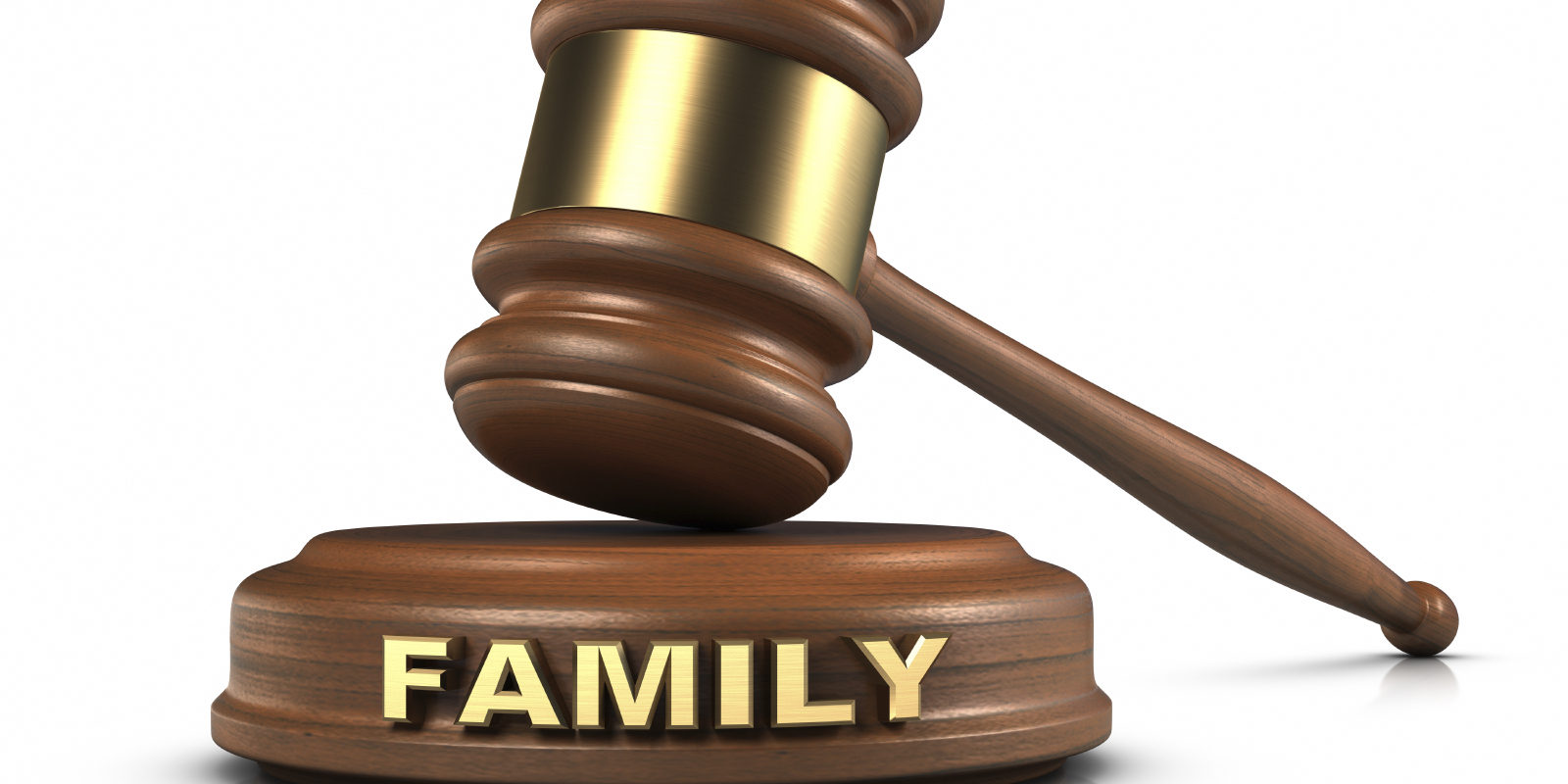Being divorced, separated, married or living common law all has a direct effect on your tax obligations. There are so many rules and regulations and explanations that apply to each of these situations that the CRA has actually created a guide for assistance for those that receive or pay support payments under a court order. Even then it is not the easiest information to follow.
The biggest factor is determining what you have to report to CRA and at what point. First let’s deal with those couples that become separated. Whether you are making payments by a court order or not makes a significant difference in the way you do you taxes. An allowance payment must have been ordered to be paid by a court and must be a sum of money that is paid on a periodic basis. It is important to understand the definitions under this area of the tax law.
Definition of child for support purposes:
When reference is made to a child it must be one that is considered your natural child, or one that you have responsibility for through custody or control, the child of your common-law partner, or a child you adopted.
Is your partner a common law partner?
A common law partner is in reference to a person who is not your spouse and one you have been living with in a conjugal relationship for at least 12 months on a continuous basis, or is the parent of your child by birth or adoption or has custody and control of your child and has the responsibility of supporting that child.
What constitutes a court order?
A court order can be that which is made by any court or recognized tribunal.
Are you a payer?
To be classed as a payer you would have to be under court order or written agreement to make support payments to a former spouse or common-law parent, or support payments as the parent of the child to the other parent.
Are you a recipient?
You are the recipient of a support payment if it has been ordered by the courts or there is a written agreement and it is from your former spouse or common law partner, or the parent of the child.
When are you really separated?
To be classed as separated, you and your spouse or common law partner must be living apart for a period of 90 days and no reconciliation has taken place. The effective date starts the day you separated and began living apart.
Spouse or common-law?
The term spouse is only applicable to an individual that you have legally married.
What are third party payments?
If you are required to make payments to a third party these are specific purpose payments.
A proper written agreement:
A written agreement is where an individual has agreed in writing to make regular payments to maintain a spouse or common law partner, or children that were part of the relationship or both, and the agreement should be dated and signed by both parties.
Now that you are able to understand a little easier what the specific terms are that could relate to your tax obligation, in our next article we will talk a little more about the different types of support payments and what your tax obligations may be.
You may want to consider using our Toronto accountant services to help you with the proper filing of your support obligations, as it can be complex with many tax rules to decipher and follow.







